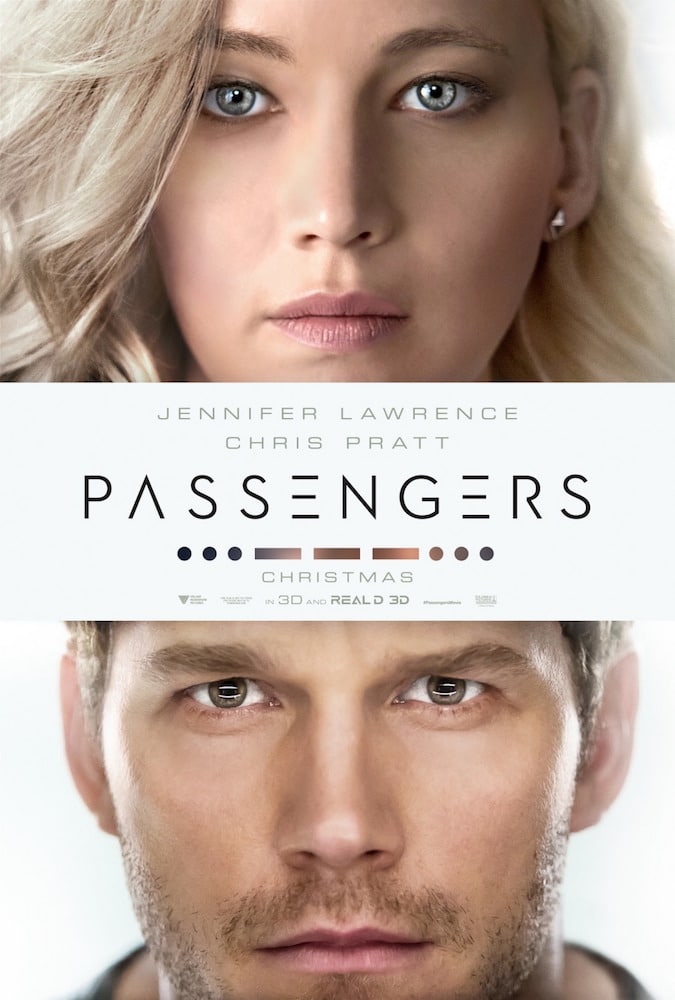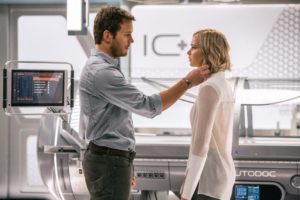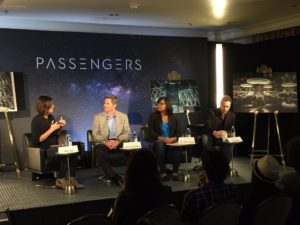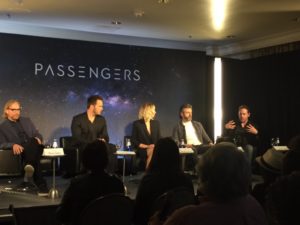 On April 8, 1630, nearly 1000 Puritans set sail for the New World. Eleven ships, lead by the flagship vessel Arbella, embarked from the Isle of Wight carrying families who had been specifically recruited for their array of labor skills, ensuring that once they reached the Massachusetts Bay Colony the fledgling community could thrive. This was of the utmost importance to the fleet’s leader, John Winthrop–Puritan minister, lawyer, and influential colonial writer–who had been elected governor of the Fleet and the Colony. Aboard the windblown Arbella, Winthrop delivered a blessing of the passage and an admonition of the passengers in his most famous sermon, “A Model of Christian Charity.” What did they need to survive the journey? Love, unity, and charity.
On April 8, 1630, nearly 1000 Puritans set sail for the New World. Eleven ships, lead by the flagship vessel Arbella, embarked from the Isle of Wight carrying families who had been specifically recruited for their array of labor skills, ensuring that once they reached the Massachusetts Bay Colony the fledgling community could thrive. This was of the utmost importance to the fleet’s leader, John Winthrop–Puritan minister, lawyer, and influential colonial writer–who had been elected governor of the Fleet and the Colony. Aboard the windblown Arbella, Winthrop delivered a blessing of the passage and an admonition of the passengers in his most famous sermon, “A Model of Christian Charity.” What did they need to survive the journey? Love, unity, and charity.
These themes come to life in screenwriter Jon Spaiht’s 22nd-century vision of the next Great Migration. Passengers stars Jennifer Lawrence and Chris Pratt, the modern-day Hepburn and Grant, as two of over 5000 people setting sail for a literal New World–Homestead II, a colony planet owned and operated by the Homestead Corporation. While the passage from England to New England in 1630 took around nine weeks, the passengers aboard the Starship Avalon have to wait slightly longer–120 years offset by a deep sleep that freezes them in time until they awake four months before landing. Like the Winthrop fleet, the passengers of the Starship Avalon are socioeconomically diverse, boasting an array of vocations from midwife to plumber. In order to entice cosmic travelers, the Homestead Corporation offers discounted tickets to Earthlings in desirable trades. Jim (Pratt) is one such passenger; his skills as a mechanical engineer will be welcomed on the as-of-yet uninhabited Homestead II. Like the Puritans before him, Jim longs for freedom. He wants to live in a world where things aren’t disposable, where you can get your hands dirty building something. Jim’s counterpart is the aptly named sleeping beauty Aurora (Lawrence) who has loftier goals: a writer from New York City (and first class ticket holder), she wants to be the first person to go to a colony planet, write about it, and return to earth 250 years after her departure to tell the tale. Aurora had a historical predecessor on board the Arbella–Anne Bradford, the first female poet to be published in the colonies. Accordingly, Aurora wants to be the first writer published in intergalactic space.
 Everything goes exactly as planned… until the hibernation pods malfunction, and Pratt and Lawrence find themselves awake 90 years before their scheduled arrival. Here Spaihts turns from early American history to the great Greek stories for inspiration. Passengers is at its core a romance–albeit an existential one–and like the epics of old, the film’s intimacy is as deep as its contrasting setting is vast. How could two people–in an otherwise uncaring universe–find each other in the most unlikely and dire of circumstances? Jim and Aurora are alone, save their witty android bartender (played flawlessly by Michael Sheen), and the success of this love story lies in the hands of Lawrence and Pratt who make the sleek yet lifeless world of the Starship Avalon positively sparkle with their chemistry. When a secret threatens to tear them apart, we see the importance of Winthrop’s sermon in action: The survival of the Starship Avalon is dependent on Jim and Aurora’s love for each other. They have to work together to figure out what disturbed the hibernation pods. And none of this can be accomplished unless they are charitable, asking for and giving forgiveness.
Everything goes exactly as planned… until the hibernation pods malfunction, and Pratt and Lawrence find themselves awake 90 years before their scheduled arrival. Here Spaihts turns from early American history to the great Greek stories for inspiration. Passengers is at its core a romance–albeit an existential one–and like the epics of old, the film’s intimacy is as deep as its contrasting setting is vast. How could two people–in an otherwise uncaring universe–find each other in the most unlikely and dire of circumstances? Jim and Aurora are alone, save their witty android bartender (played flawlessly by Michael Sheen), and the success of this love story lies in the hands of Lawrence and Pratt who make the sleek yet lifeless world of the Starship Avalon positively sparkle with their chemistry. When a secret threatens to tear them apart, we see the importance of Winthrop’s sermon in action: The survival of the Starship Avalon is dependent on Jim and Aurora’s love for each other. They have to work together to figure out what disturbed the hibernation pods. And none of this can be accomplished unless they are charitable, asking for and giving forgiveness.

Spaihts’ script endured a long tenure on the Blacklist, and as fun as the story is, I can see why making a movie like this poses significant problems. Director Morten Tyldum was tasked with weaving a fantastical yarn as well as describing a possible reality. Here on Earth in 2016, a climate change denier has just been appointed as the head of the EPA, and within a couple of generations, we could be living on a planet unable to sustain human life. The race to Mars is very real, and the science advisors on the film are actually developing suspended animation technology to transport humans to the Red Planet. With that in mind, I couldn’t help but consider the practicalities. Why, in a world where a spaceship can travel half the speed of light, is a human lifespan not extended to, say, 200 years? Surely Jim and Aurora could make it to Homestead II, even as geriatric inhabitants. With the two of them already awake, why not wake up a few more select folks and have a small colony who live on the ship before arrival, giving Homestead II babies who would be raised on the new planet?
Then I remembered that this is also a big budget sci-fi film, a Greek saga for the space age that entertains audiences with beautiful VFX and good ol’ fashioned action movie drama. The adventures of these epic lovers are singular, and so must they be–alone but happy. And like their ancient counterparts, Aurora and Jim represent more than their individual selves. Together, the artist and the scientist symbolize the synthesis of human achievement: She is there to tell their story, and his skills make it possible for their story to be told.

At the press conference, the panelists were asked if they would take a journey like this, and they understandably hedged their answers. The passengers in the Winthrop fleet put their trust in God and thereby each other, and their worldview dictated that their success was dependent on this interconnectedness. All the passengers of the Starship Avalon have to believe in is the Homestead Corporation, which inspires more trepidation than excitement. The panelists, like the rest of us, cannot turn away from hindsight when deciding to become a pioneer; we know too well that progress comes at a great cost. In 2014, we witnessed commercial spaceflight come to a near standstill after a fatality on Virgin Galactic’s SpaceShipTwo, and this year the first death caused by a self-driving car shook our confidence in that technology as well. The faith and the blissful ignorance of the Winthrop fleet gave them an extraordinary advantage. Our world was shaped by their daring, and we can honor their audacity by living lives of love, unity, and charity. To those brave enough to face a new world, we owe a debt of gratitude. I, for one, will gladly thank them from the safety of my apartment.

